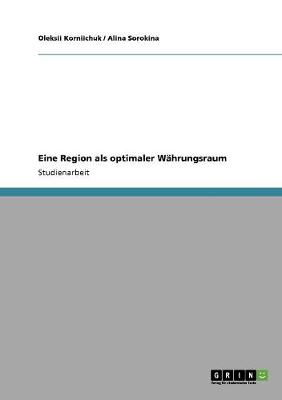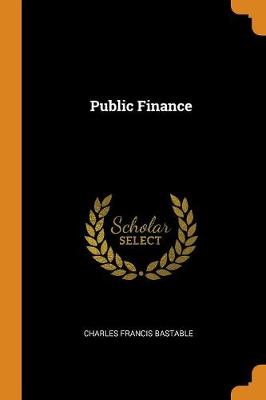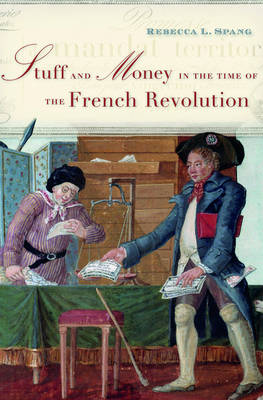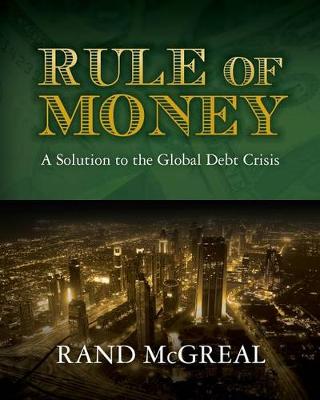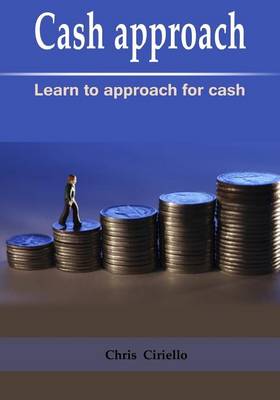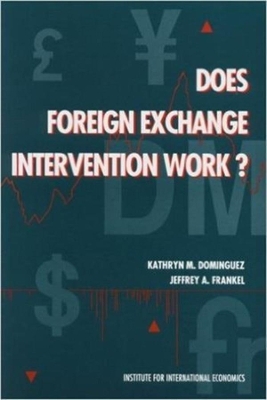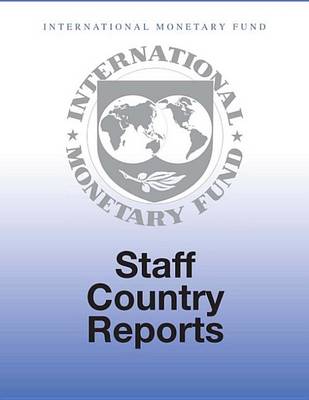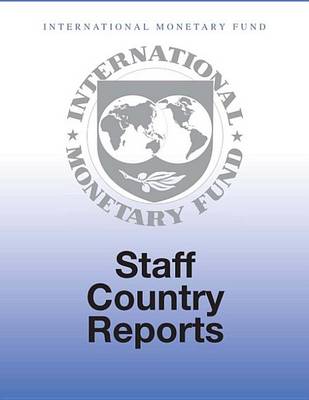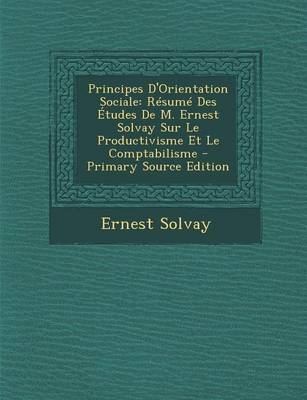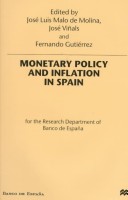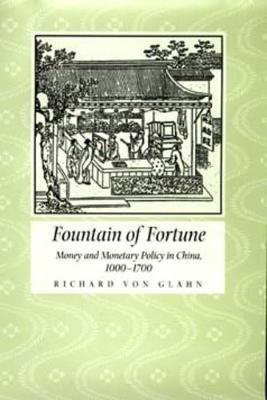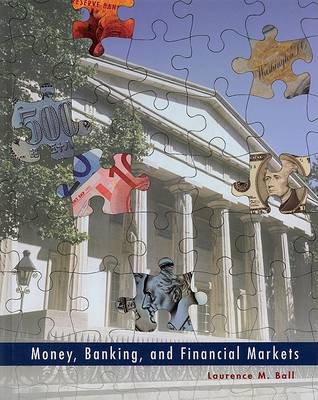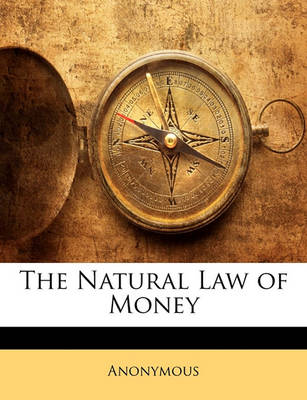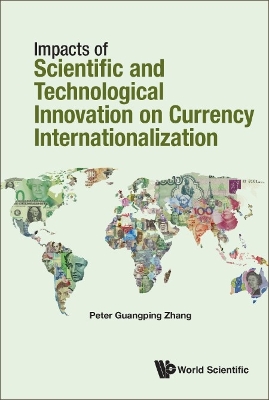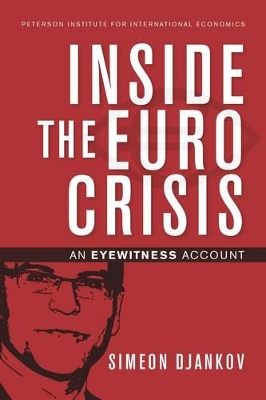Zinstheorie (Hand- Und Lehrbucher Aus Dem Gebiet der Sozialwissenschaften)
by Friedrich A. Lutz
Eine Region als optimaler Wahrungsraum
by Oleksii Korniichuk and Alina Sorokina
Der Optimale Geldmengenbegriff (Untersuchungen Uber Das Spar-, Giro- Und Kreditwesen. Abteil, #109)
by Gerhard Forster
Rebecca L. Spang, who revolutionized our understanding of the restaurant, has written a new history of money. It is also a new history of the French Revolution, with economics at its heart. In her telling, radicalization was driven by an ever-widening gap between political ideals-including "freedom of money"-and the harsh realities of daily life.
Does Foreign Exchange Intervention Work?
by Kathryn Dominguez and Jeffrey Frankel
Financial Crises, Liquidity, and the International Monetary System
by Jean Tirole
Once upon a time, economists saw capital account liberalization--the free and unrestricted flow of capital in and out of countries--as unambiguously good. Good for debtor states, good for the world economy. No longer. Spectacular banking and currency crises in recent decades have shattered the consensus. In this remarkably clear and pithy volume, one of Europe's leading economists examines these crises, the reforms being undertaken to prevent them, and how global financial institutions might be...
Hong Kong as a Financial Services Centre (Imperial College Management Reports)
by Samuel Hon-Wah Mak
The Protestant Ethic and the Spirit of Capitalism (Routledge Classics) (Counterpoint S.)
by Max Weber
A brilliant book which studies the psychological conditions which made possible the development of capitalist civilization. The book analyzes the connection between the spread of Calvinism and a new attitude toward the pursuit of wealth in post-Reformation Europe and England, and attitude which permitted, encouraged-even sanctified-the human quest for prosperity.
In 1995 a new monetary policy framework was introduced in Spain, based on the setting of direct inflation targets. Since then, the Banco de Espaqa has worked to improve the transparency of monetary policy to be better understood by the general public. In this regard, this book presents the ongoing research at the Bank.
The most striking feature of Wutong, the preeminent God of Wealth in late imperial China, was the deity's diabolical character. Wutong was perceived not as a heroic figure or paragon but rather as an embodiment of greed and lust, a maleficent demon who preyed on the weak and vulnerable. In "The Sinister Way", Richard von Glahn examines the emergence and evolution of the Wutong cult within the larger framework of the historical development of Chinese popular or vernacular religion - as opposed to...
Impacts Of Science & Technology On Currency Internationalization
by Peter Guangping Zhang
For decades, science and technology (sci-tech) have influenced world trade, world economy, and international finance. However, their specific impacts are seldom known and related empirical studies are rare. Thus, we must quantify and empirically explore how sci-tech influences such areas as mentioned above. The purpose of this book is to explore how sci-tech influences world trade, foreign exchange, and currency internationalization in various ways through quantifying science & technology first....
Central bankers like the idea of low inflation, but their actions have a distribution effect of richness. During the 1990s, the independence of central banks increased. What have central banks done with this independence? When we infer that all actors have interests, whether governments, voters or interest groups, why would we assume that central banks are technocratic institutions maximizing the welfare of the state? To answer these questions, this study looks at the Argentinean Central Bank be...

